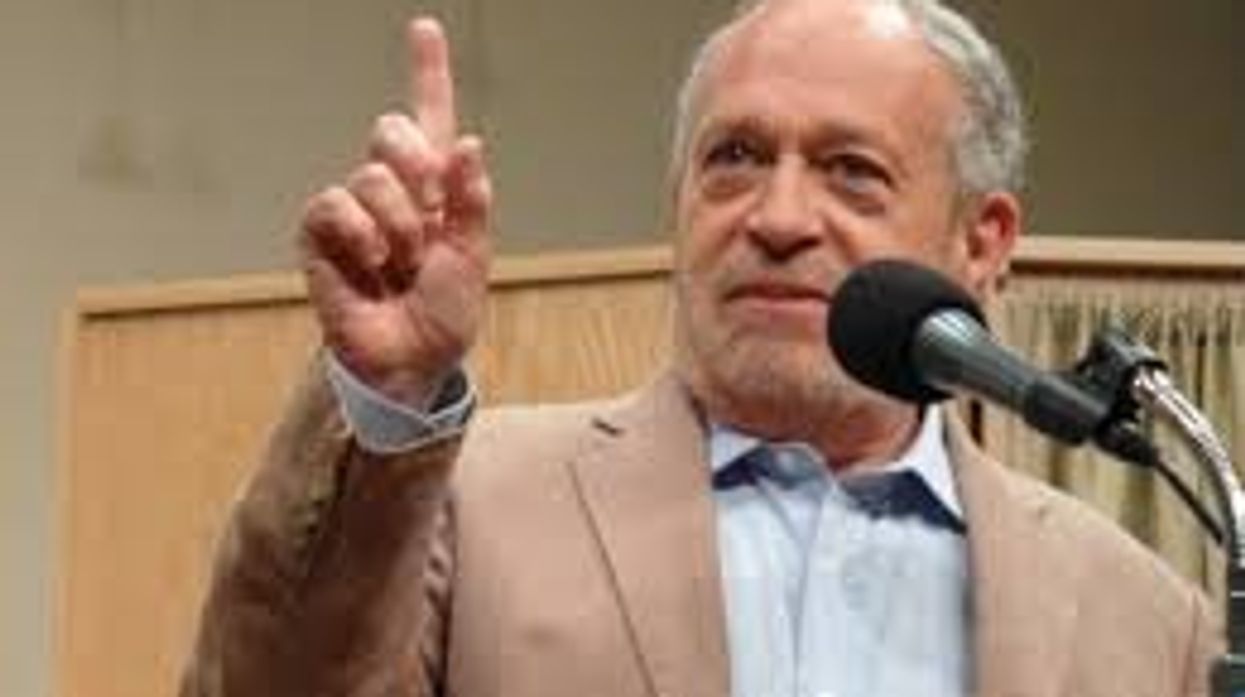Carl Gibson, AlterNet
November 27, 2024

Alexandria Ocasio-Cortez (Shutterstock)
Just as they did in 2024, Democrats lost the White House and both chambers of Congress in 2016. But they made historic gains in the first midterm election after Donald Trump's first victory. One member of Congress who was part of that midterm class is offering words of wisdom for the Democratic Party if they hope to repeat the successes of 2018.
In a post to Bluesky, Rep. Alexandria Ocasio-Cortez (D-N.Y.), also known by her initials "AOC," noted that her party "elected the largest class to Congress since Watergate" in the 2018 midterms. CNN reported that when the dust settled Democrats had a net gain of 40 seats. The only two larger midterm victories were the Tea Party-fueled 2010 midterms and the 1994 Republican wave during former President Bill Clinton's administration.
AOC argued that a major part of that victory was "backlash" to Trump's presidency. But she emphasized that anti-Trump sentiment wasn't the entire story.
"[T]he winners also had another thing in common, despite a wide range of differences: most rejected corporate PAC money," she weote. "It’s a hugely compelling factor to voters & underdiscussed."
A 2018 article from Open secrets expands on Ocasio-Cortez's point. The article acknowledged that even though many Democrats were running in expensive and competitive races, they still managed to prevail over their Republican opponents despite losing the money race.
"Fifty-two members of the 116th Congress — including 50 Democrats and 35 new members — pledged to reject money from corporate PACs before, during or soon after the 2018 election cycle," Opensecrets' Karl Evers-Hillstrom wrote. "Of the Democrat-dominated list, 32 members received little-to-no money — less than $10,000 each — from business-related PACs during the 2018 election cycle, according to new data from the Center for Responsive Politics."
In a response to her initial skeet [the term used for Bluesky posts], AOC theorized that the reason the success of Democrats who rejected corporate PAC money isn't often discussed is because of the pervasive influence corporate money has on the American political system.
"[L]ots of money and influence relies on pressuring electeds into taking corporate money and rejecting/reversing these no-lobbyist [money] pledges," she wrote. "I know members who went back on their promise and later lost seats to GOP. Voters want [people] who stand up to corruption."
"It is hard to counter this combo of cynicism and lying without bonafide candidates who can throw a punch," she continued., acknowledging that far-right conspiracy theorist Robert F. Kennedy Jr. managed to tap into a groundswell of anger at the pharmaceutical lobby. "If we want to beat a right wing that weaponizes (justified!) public anger at Big Pharma to destroy the social safety net + spread conspiracies, we can’t run Dems who take money from Big Pharma."
Click here to read AOC's thread in its entirety.
















